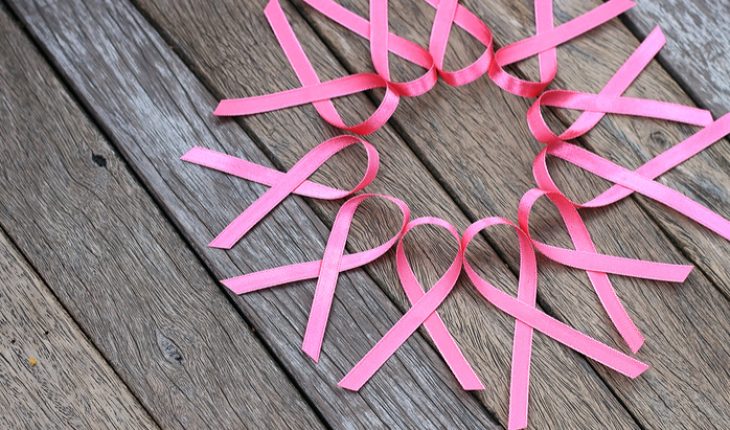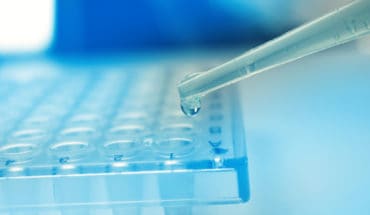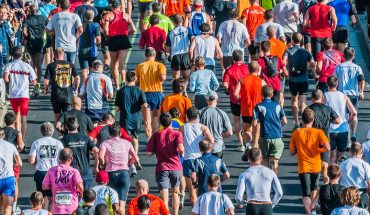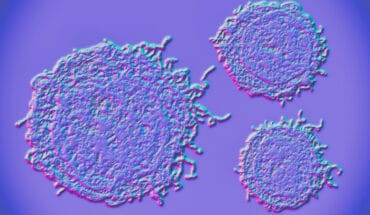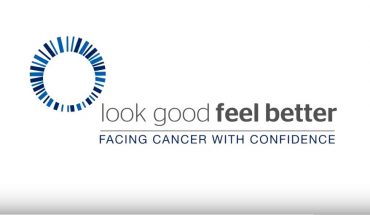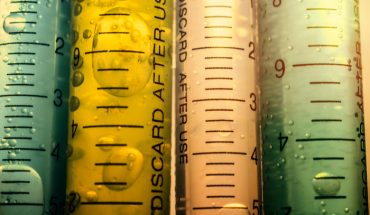A record number of women under the age of 50 are developing breast cancer. One in five breast cancer cases are now among women under the age of 50, according to Cancer Research UK, whose research found that 10,000 women under the age of 50 in the UK were diagnosed with the disease in 2012 – 2,256 more than in 1995.
The annual number of women being diagnosed with breast cancer in the UK between 2001 to 2012 has increased by 10 per cent in women under 50.‘Breast cancer is more common in older women – but younger women are also at risk, as the number of cases diagnosed in women under 50 shows,’ says Dr Julie Sharp, head of health information at Cancer Research UK. Around 40,800 women aged 50 and over were diagnosed with breast cancer in the UK in 2012. Rachel Rawson, senior clinical nurse specialist at Breast Cancer Care, says: ‘The sooner the diagnosis, the more effective the treatments, so we encourage all women to be breast aware, getting to know what is normal for them so they can spot and report any unusual changes to their GP immediately.’
There are lots of reasons why breast cancer is becoming more prevalent.
Alcohol consumption has been linked to breast cancer. ‘There is a definite link although we are not sure exactly why this happens,’ says Ms Nicola Roche, consultant breast surgeon at the Royal Marsden Hospital in London. Binge drinking among young people could be fuelling the rise. British teenagers are the second worst binge drinkers in the world, according to a 2013 study published by the respected Organisation for Economic Co-operation and Development. Only Denmark has more 15-year-old girls who binge drink regularly.
But even one glass a day could make a significant difference to your chance of getting breast cancer. A recent US study, which involved almost 136,000 people, found women who drank the equivalent of a glass of wine a day over a 30-year period were 13 per cent more likely to develop one of the alcohol-related cancers (breast cancer being the most common) than women who didn’t drink at all. Professor Paul Wallace, Drinkaware’s Chief Medical Advisor, believes that more people should know that alcohol can increase women’s risk of getting breast cancer.
‘My impression is that my patients don’t know about the link between alcohol and breast cancer any more than they do about the association between alcohol and fertility. We can do more to increase awareness.’
Scientists have estimated that anywhere between 7 per cent and 15 per cent of breast cancer cases in developed countries are caused by obesity, but a high BMI does not increase the risk of breast cancer in women before the menopause. ‘There is no evidence that younger women are more likely to develop breast cancer because they are obese,’ says Ms Roche. ‘However, obesity does increase your chances of developing breast cancer in later life.’
And despite a widespread belief that the rising tide of stress is behind the increased number of women in their 30s and 40s developing breast cancer, there is no evidence that this is the case. ‘Stressful events can alter the levels of hormones in the body and affect the immune system but these changes have not been shown to lead to cancer,’ says Ms Roche.
Fiona Osgun, health information officer at Cancer Research UK says that there is no evidence that deodorants could help to trigger breast cancer. Parabens, which have been found in small traces in some deodorants, have been found in tiny traces in breast cancer tumours. The growing number of childless women is likely to be a factor which has pushed up numbers of sufferers, according to Ms Roche. ‘Pregnancy and breast-feeding are all protective factors when it comes to breast cancer. If you don’t have children and you never breastfeed, you lose this extra protection. This is because pregnancy and breastfeeding temporarily stop the hormonal cycle, reducing one’s lifetime exposure to oestrogen, which does fuel certain types of breast cancer.’
One in four women in their 40s is now childless, according to figures from the Office for National Statistics. A decade ago, just one in nine remained childless by the age of 45. Studies have linked IVF to an increase in the incidence of breast cancer, but only if you have IVF early.
Researchers in Australia found that in vitro fertilisation, or IVF, patients who first started infertility treatment at age 24 were about 1 1/2 times more likely to eventually develop breast cancer than women who’d received other infertility treatments at the same age. Women over the age of 40 who received IVF did not show any increased risk of getting the disease.
The findings were based on a study of more than 21,000 women and published in the journal Fertility and Sterility. Younger women are exposed to higher levels of circulating oestrogen during their cycles of IVF treatment, peaking at more than 10 times the level in a normal menstrual cycle. Reproductive hormones, particularly oestrogen have long been implicated in the development of breast cancer.
The good news is that the death rate for women under the age of 50 is falling, despite the steady rise in the number of women being diagnosed. It fell nine per 100,000 women under 50 in 1993-1995 to five per 100,000 in 2008-2010 in the UK.
And the rise in younger women being diagnosed could just reflect overdiagnosis due to increased take-up of breast cancer screening, according to Professor Michael Baum ‘It’s mostly down to overdiagnosis at screening,’ he says. If we stopped screening the incidence would fall dramatically,’ he says. He points out that In 2012, an independent UK panel reviewed the benefits and harms of screening mammography and estimated that about 19 per cent of breast cancers (including both DCIS and early invasive breast cancer) diagnosed among women invited to screening were overdiagnosed.
- New lipid-based pathway discovered as key to memory formation - 25th June 2025
- Crucial link could explain how Alzheimer’s takes hold - 25th June 2025
- Understanding Your Mind Can Improve Daily Life - 25th June 2025
